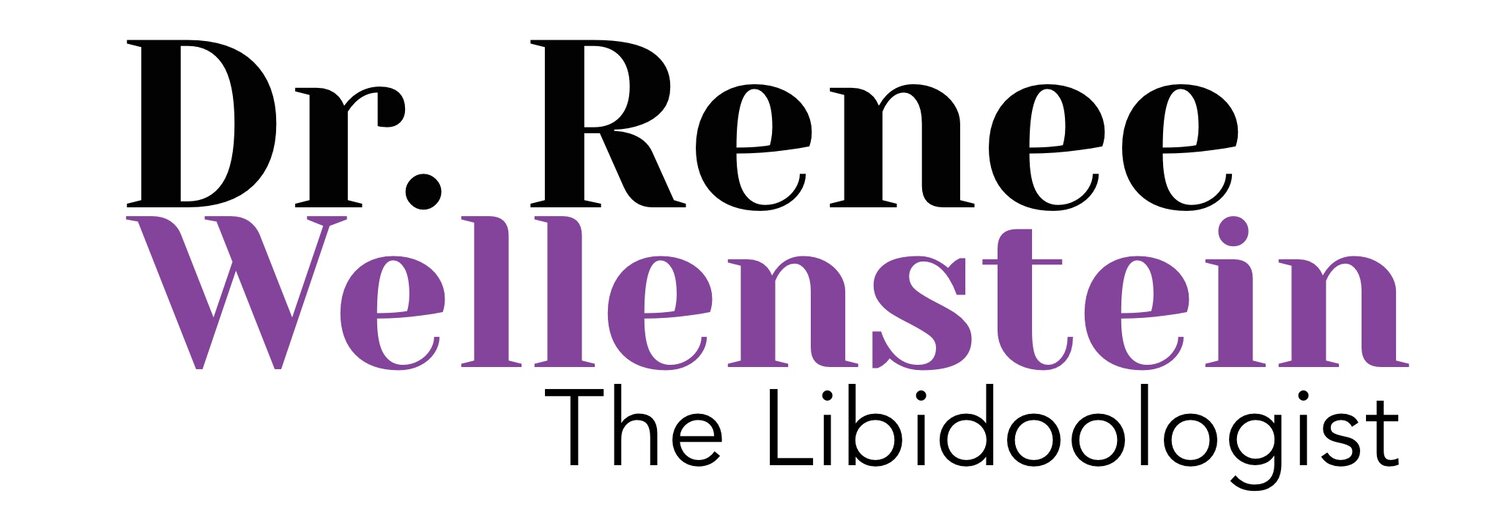Preventative HRT: The Missing Conversation in Women’s Health
Photo by Kyle McLeod
If you’re a woman over 40 and starting to feel “off”—maybe your mood’s all over the place, your jeans are tighter, or your motivation’s gone MIA—you’ve probably been told to just wait.
Wait until your symptoms are “bad enough” to consider hormone therapy.
Wait until hot flashes take over your life.
But what if… waiting is actually the problem?
For decades, hormone therapy (HRT) was viewed as a last resort—something to be prescribed only when symptoms were unbearable. But newer research, personal experience (mine included), and evolving science are painting a much different picture. One where preventative HRT might just be the best-kept secret to aging well.
Let’s unpack that.
What Is Preventative HRT?
Preventative HRT refers to starting hormone therapy before the most severe symptoms of perimenopause or menopause show up. It’s not about masking hot flashes—it's about preserving function.
Your hormones don’t just regulate your cycle.
They influence your brain, your bones, your heart, your metabolism, and your skin.
So when estrogen, progesterone, and testosterone start to decline (sometimes slowly, sometimes fast), the effects ripple through your entire body. And unfortunately, we’ve been conditioned to accept those changes as “just getting older.”
Here’s what that might look like:
Foggy thinking or forgetfulness
More belly fat, even with the same habits
Thinner, crepey skin
Lower libido or vaginal dryness
Anxiety or mood swings that feel… new
Spoiler alert: these changes aren’t just “aging”—they’re often signs of hormonal decline.
The Timing That Really Matters
There’s a growing body of research that supports what’s called the “critical window” theory. It suggests that starting hormone therapy within 10 years of menopause or before age 60 provides the most benefit—and carries the lowest risk.
This timing has been linked to:
Improved brain and memory function
Reduced risk of heart disease
Protection against bone loss and osteoporosis
But here’s the kicker: wait too long, and those benefits may fade—or the risks could increase.
Most women don’t hear this. They’re told to suffer first, then seek help. By the time they do, they’ve missed that window of optimal support.
My Own Journey with HRT
I started HRT in my early 40s—not because I had debilitating hot flashes, but because I started noticing subtle (and not-so-subtle) shifts. Irritability. Weight gain. That “off” feeling I couldn’t quite explain.
I didn’t wait until I was falling apart. I chose to support what was declining—and it made all the difference.
But here’s the truth: this isn’t about me. It’s about giving you the education and empowerment most of us never received.
So… Is It Time?
Only you—and your provider—can answer that. But if you’re starting to feel the shifts of perimenopause and wondering if it’s “too soon” to explore hormone therapy, it might be time to reconsider what you've been told.
And if you're not getting clear answers? You’re not alone.
Want to Learn More?
In my latest YouTube video, I break down:
What preventative HRT really means
What your hormones actually do beyond periods
The science behind the “window of opportunity”
What most doctors still get wrong about timing
👉 Watch it now: https://youtu.be/ruiRIsZnVuY?si=4cYUiAs57bDR2IIx
And while you're there, don't forget to subscribe—I’ve got more hormone truth bombs coming your way.
Free Resource: Your Midlife Hormone Check-In
If you’re feeling like a shell of your former self—and you’ve been told “everything’s normal”—grab my free guide:
👉 Your Midlife Hormone Check-In: What Your Doctor’s Not Telling You (But I Will)
You’re not broken. You’re not crazy. You’re just in a hormonal transition—and you deserve real answers.
P.S. Hormone health is your journey. Whether you choose HRT, lifestyle shifts, or a combination of both, you get to decide how you age. I’m here to help you do it informed, confident, and vibrant.


